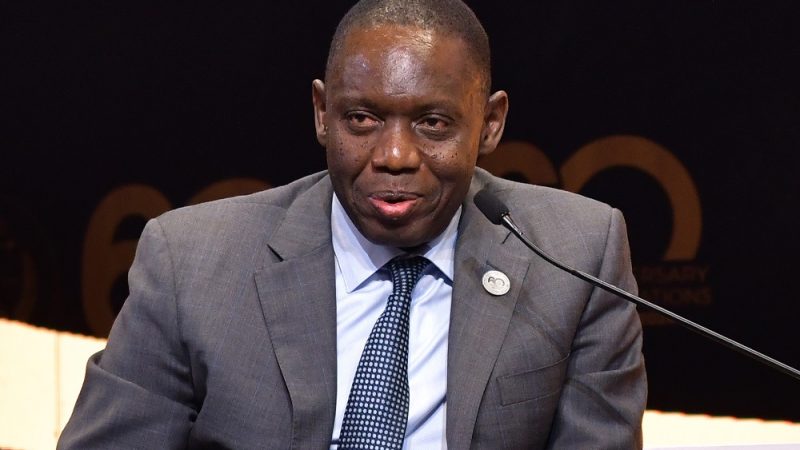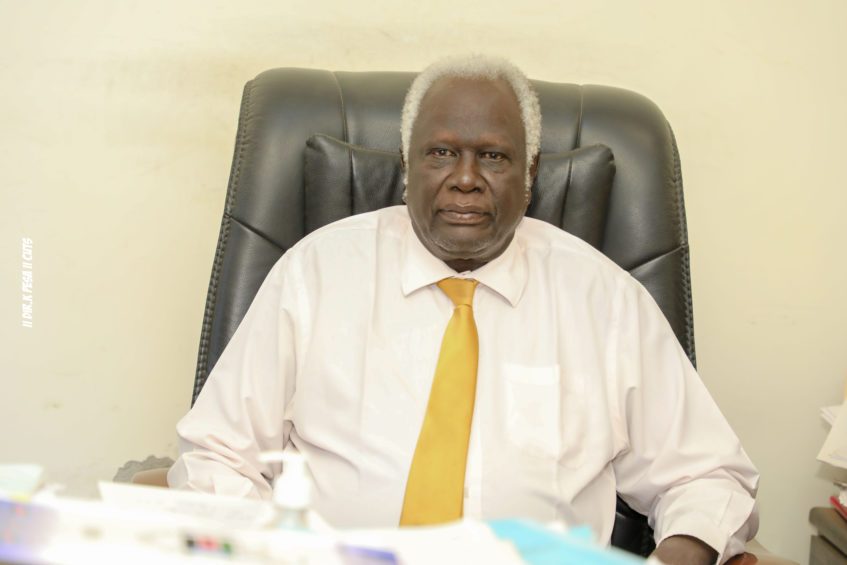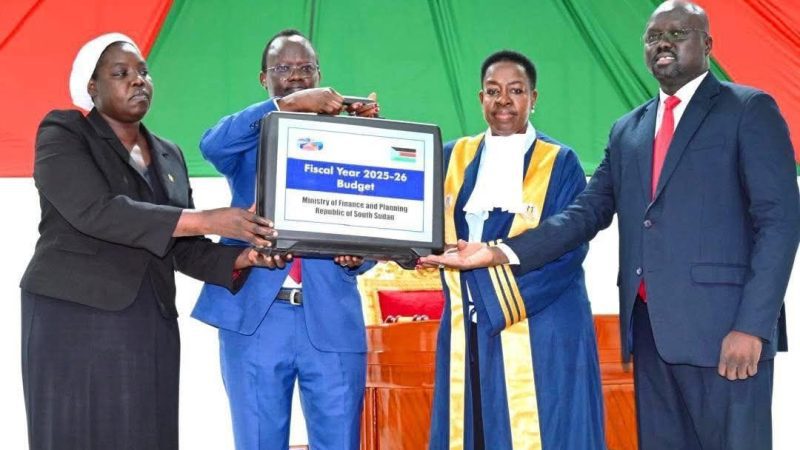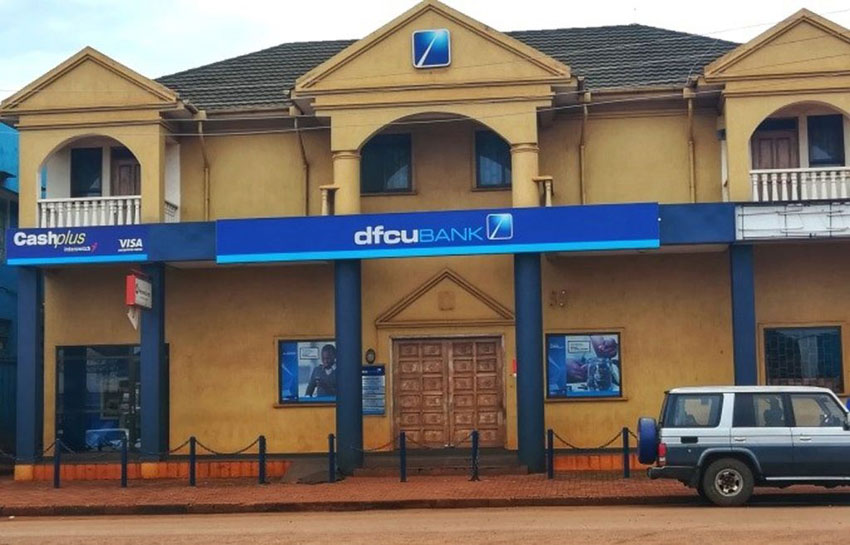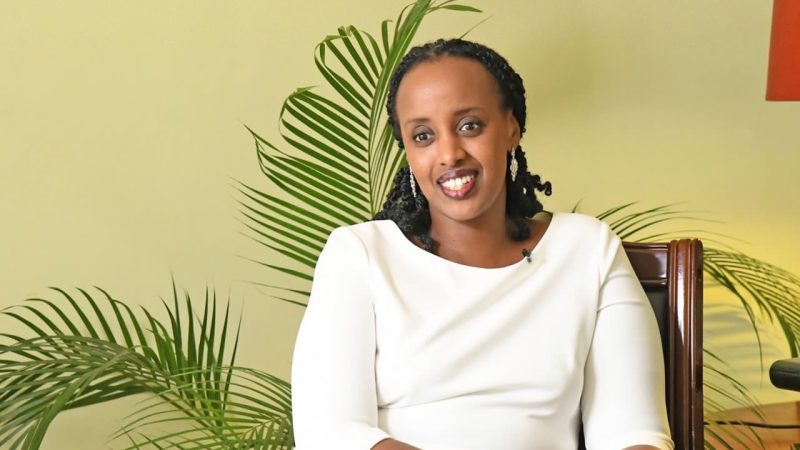The Court of Appeal in the United Kingdom – UK has ruled that the Crane Bank-DFCU dispute over assets can be tried in the UK.
The UK High Court had previously dismissed the Crane Bank Limited (CBL) claim on grounds that it was based on actions exercised by Bank of Uganda and therefore considered acts of the State of Uganda. The Court of Appeal has now ruled that some of the acts are commercial in nature and can be tried by a court in England.
CBL filed a claim in the English courts in December 2020 challenging the transaction in relation to the sale of some of the assets and assumption of some of the liabilities of CBL to dfcu Bank Limited (dfcu) by Bank of Uganda. Bank of Uganda transferred the assets of Crane Bank to DFCU Bank in a 2017 take over.
To counter this, dfcu filed an application challenging the jurisdiction of the English courts to hear the claim on grounds that the actions of Bank of Uganda (BOU) were an act of the State of Uganda exercised in pursuit of the constitutional and statutory powers of BOU, in respect of which an English court should not inquire into. The English High Court agreed, and ruled that the English courts did not have authority to hear the claim.
Crane Bank Limited then went to the UK Court of Appeal, which appeal was heard on 3 – 5 April 2023.
The Court of Appeal delivered judgment today and held that, while dfcu Bank, dfcu Limited and others who challenged jurisdiction of the UK Courts to try this matter may be right that the English Court does not have authority to consider the claim, however as some of BOU’s acts may be of a commercial nature and/or there may be public policy reasons why the English Court should decide the claim, this issue should not be decided at a preliminary stage through a jurisdiction challenge but should instead be determined through a trial.
A legal expert in Kampala said the Court of Appeal made no decision on the underlying facts or on the merits of the claim as these issues were not before the Court.
“The Appeal concerned technical legal questions raised at the preliminary stage and did not deal with the claim on its merits. The factual allegations will be for the trial judge to determine,” the expert said, adding that “Under English Law, dfcu has the right to seek permission to appeal the Court of Appeal’s decision to the Supreme Court.”
Media in Kampala quoted a dfcu official stating that, ” the outcome has no bearing on the Group’s day-to-day operations. The Bank remains strong, well-capitalized and profitable, meeting all the needs of its customers and fulfilling its purpose of transforming lives and businesses in Uganda.”
“The Group is well positioned to deliver on its strategic objective to transform lives and businesses in Uganda. dfcu Bank has a strong financial position with its capital ratio at 29% which is way above the regulatory minimum of 12%, placing it firmly among the top five most capitalized banks. Dfcu Bank was among the first banks to comply with the revised Bank of Uganda minimum core requirements of UGX 120bn by 31st December 2022.”


